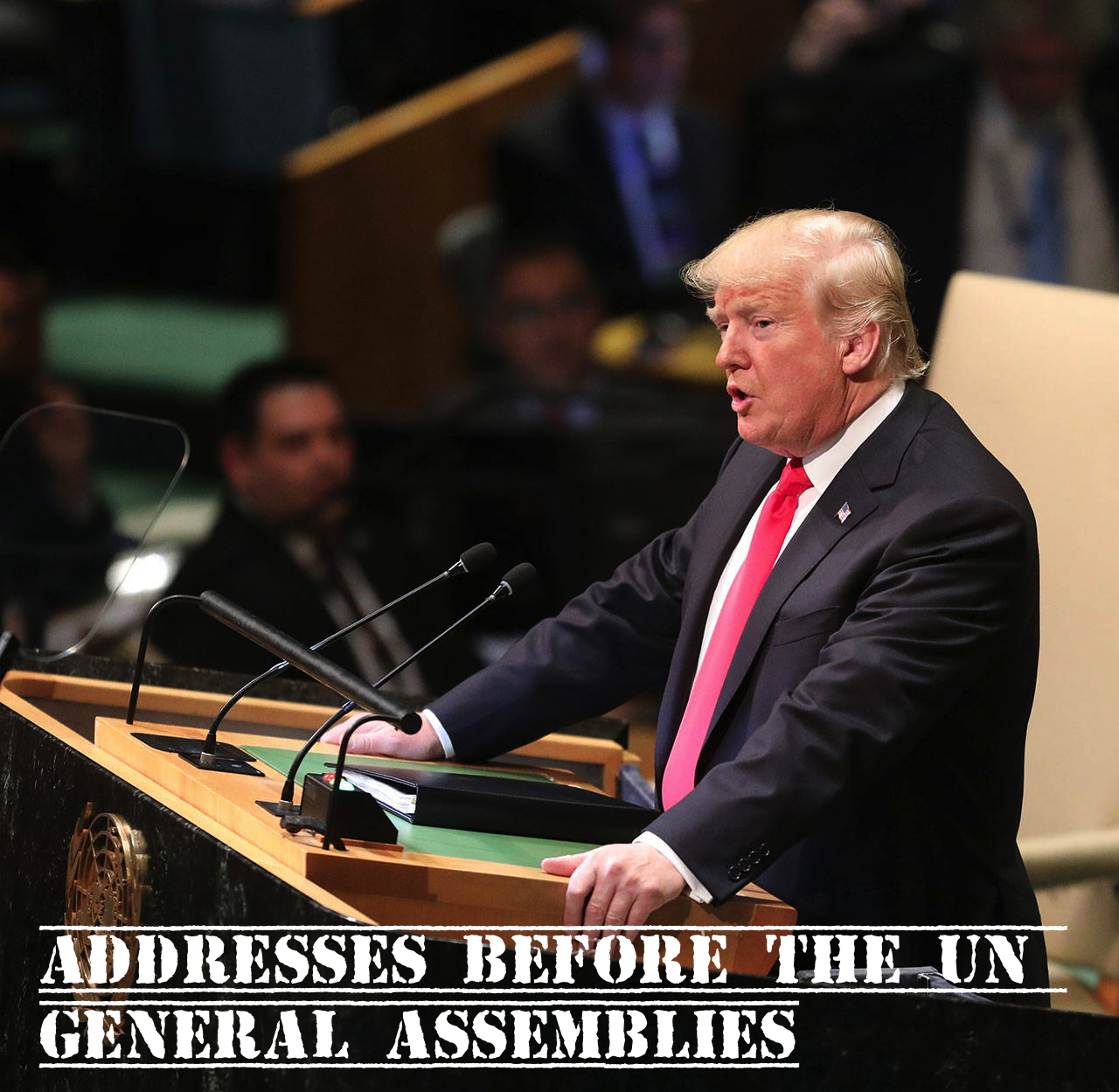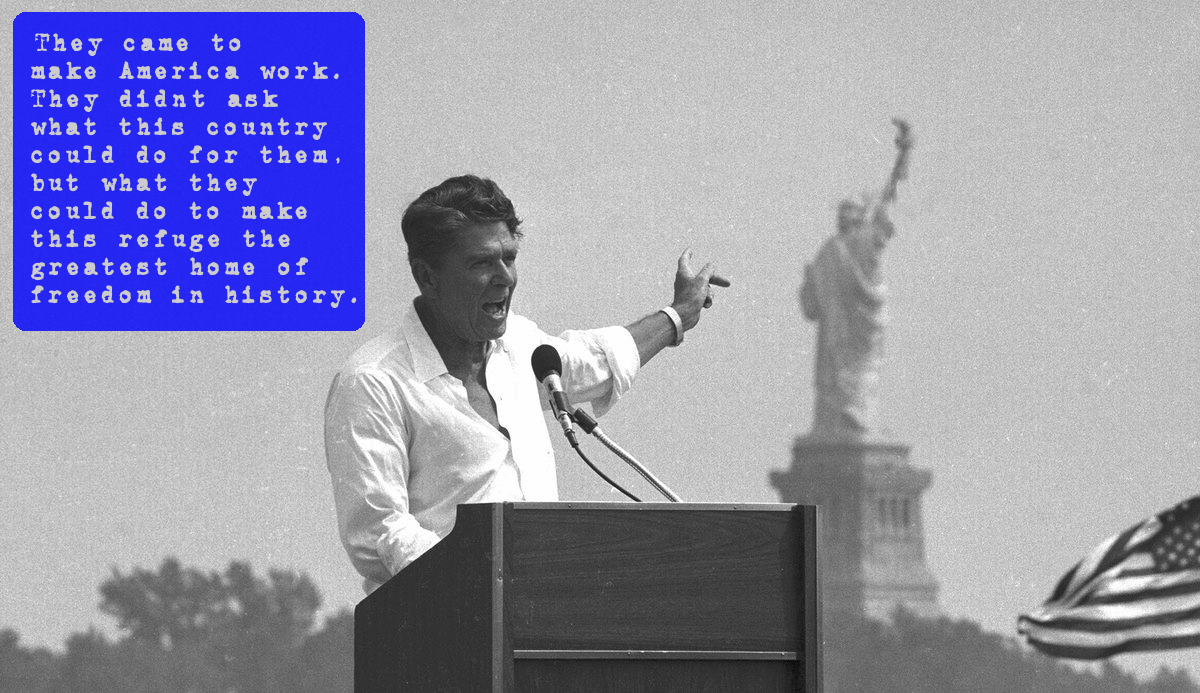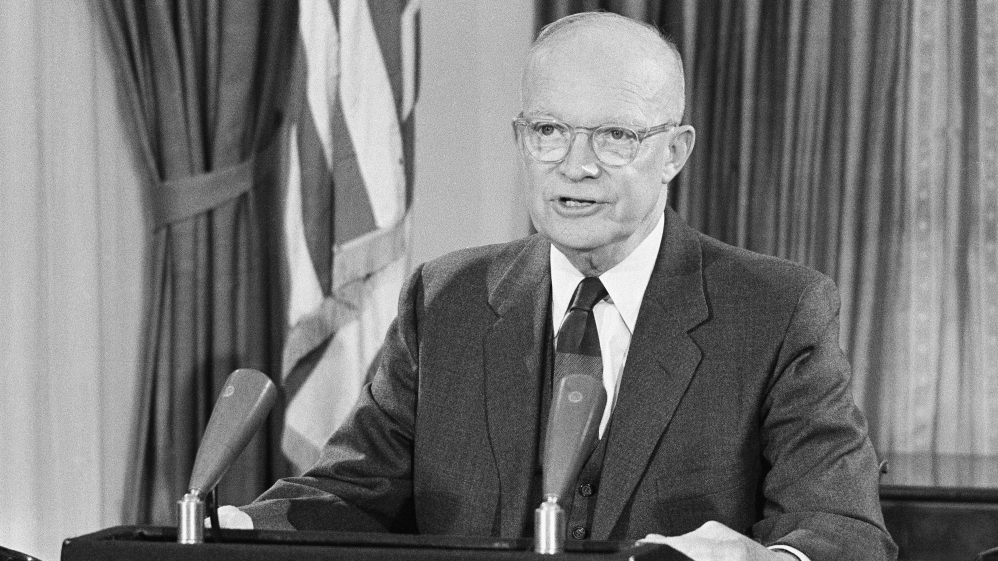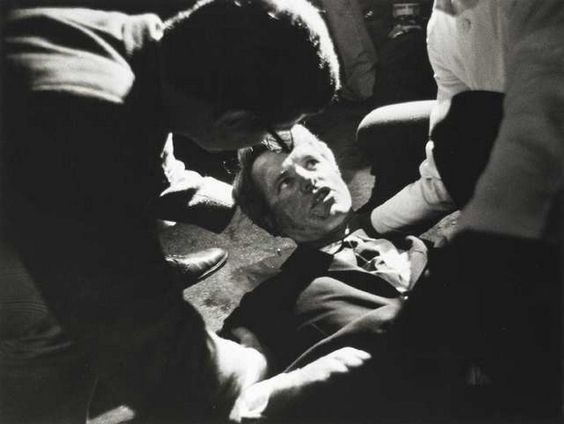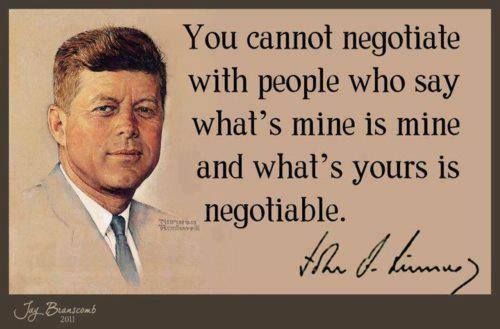Today in History: September 25, 1961 & 2018 – Addresses Before the UN General Assemblies
Today in History: September 25, 1961 & 2018 – Addresses Before the UN General Assemblies Today, President Trump addressed the UN General Assembly. It was… Read More »Today in History: September 25, 1961 & 2018 – Addresses Before the UN General Assemblies
